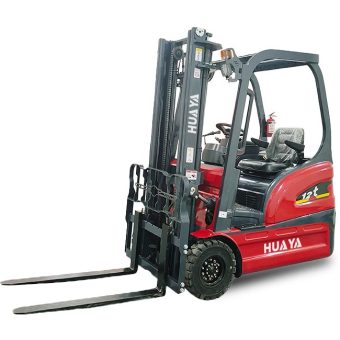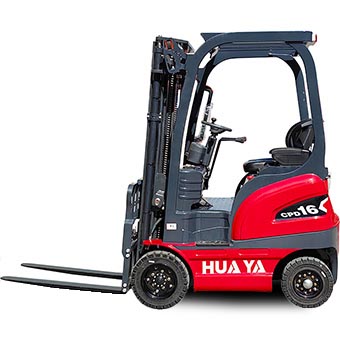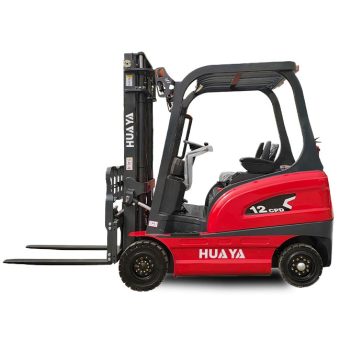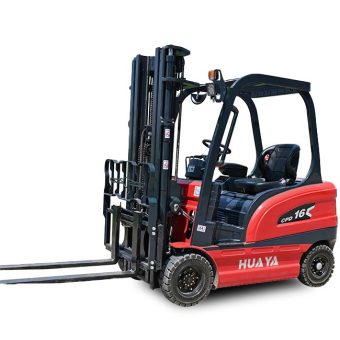
News
Forklifts are essential tools in various industries, ranging from warehousing to construction. One of the most common forklifts used is the small forklift, favored for its maneuverability and efficiency in tight spaces. But how long is a small forklift? Understanding the dimensions of small forklifts, particularly their length, is crucial for ensuring they fit the specific needs of your workspace.
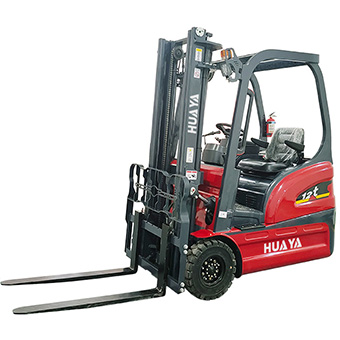
In this article, we'll delve into the average length of small forklifts and different types, and provide insights into why this information is vital for optimizing your operations.
Before we dive into specific dimensions, it’s important to understand what qualifies as a "small" forklift. Generally, a small forklift refers to a unit with a load capacity ranging from 1,500 to 5,000 pounds. These forklifts are ideal for indoor applications, such as warehouses, retail environments, and small-scale manufacturing plants.
The length of a small forklift varies by model and manufacturer. However, on average, a small forklift is usually between 8 and 10 feet long, including the length of the forks.
Model Type: Different models have varying lengths. For instance, a counterbalance forklift, a common type of small forklift, usually falls within the 8 to 10-foot range. In contrast, reach trucks or narrow aisle forklifts may have different dimensions tailored for specific applications.
Manufacturer Specifications: Manufacturers design forklifts with varying lengths to cater to different operational needs. For example, a small forklift designed for retail use may be more compact compared to one used in a warehouse.
Attachments: The length of a forklift can be extended with attachments such as longer forks, clamps, or specialized lifting tools. However, these attachments are not included in the base length measurement.
Understanding the length of a small forklift is vital for several reasons:
Maneuverability: In tight spaces, the length of a forklift can greatly impact its ability to maneuver. Shorter forklifts are easier to navigate through narrow aisles and crowded areas.
Storage: Knowing the exact length of your forklift helps in planning storage areas, ensuring that the equipment can be stored efficiently without taking up too much space.
Safety: Longer forklifts require more room to turn and operate safely. Understanding the length helps in planning safe operational zones, reducing the risk of accidents.
A: Small forklifts typically have a width ranging from 3 to 4 feet, making them suitable for narrow aisle operations.
A: The weight of a small forklift generally ranges between 3,000 and 7,000 pounds, depending on the model and load capacity.
A: While small forklifts are primarily designed for indoor use, some models are equipped to handle light outdoor tasks on paved surfaces.
A: The turning radius of a small forklift is usually between 6 to 7 feet, allowing for efficient maneuvering in confined spaces.
A: Attachments like extended forks or clamps can increase the overall length of the forklift, impacting maneuverability and storage requirements.
The length of a small forklift plays a crucial role in its overall functionality and suitability for specific tasks. Typically ranging from 8 to 10 feet, understanding this dimension helps businesses optimize their operations, whether it’s for maneuvering in tight spaces, planning storage, or ensuring safety. By knowing the exact specifications of your forklift, you can make informed decisions that enhance efficiency and productivity in your workspace.
